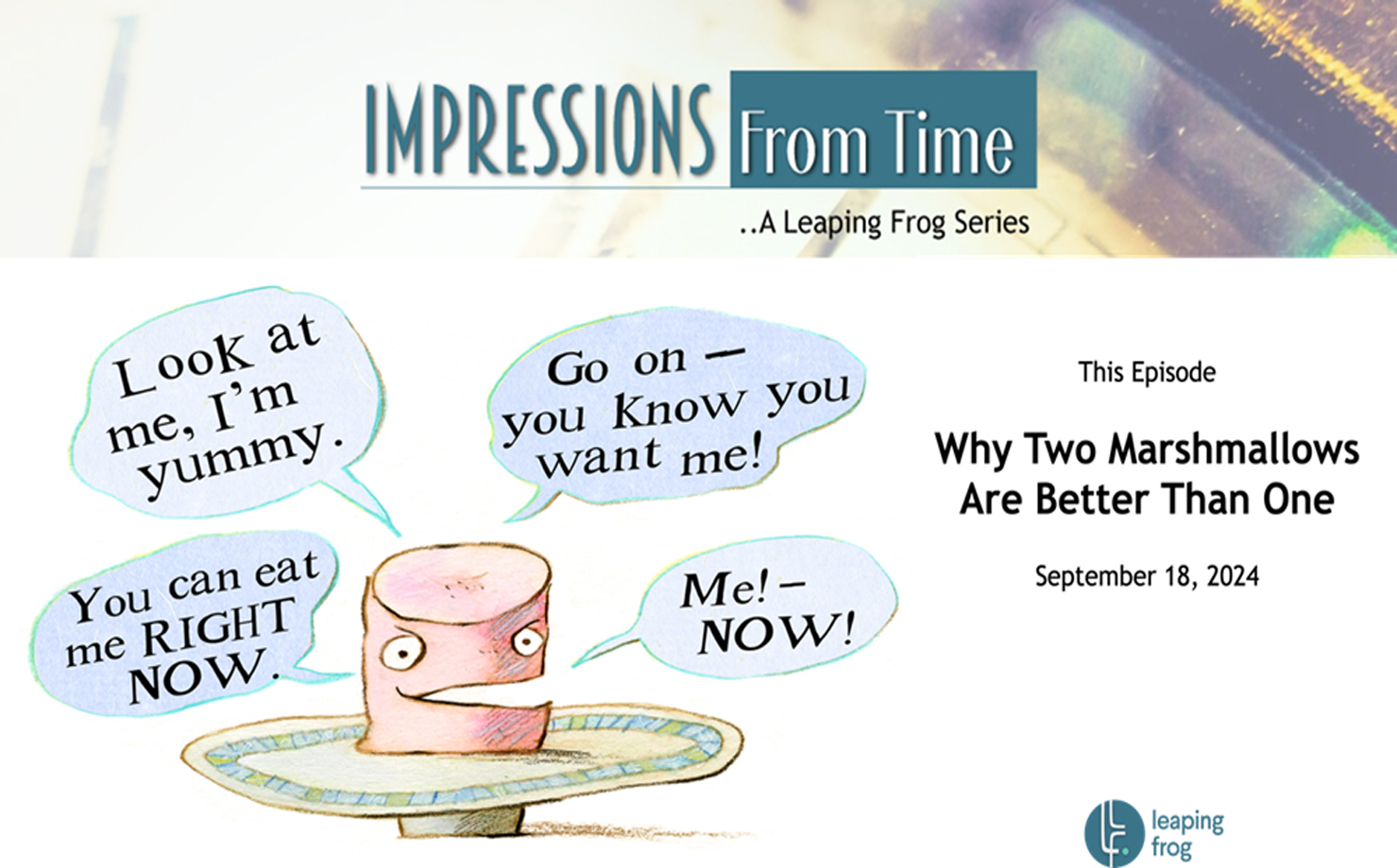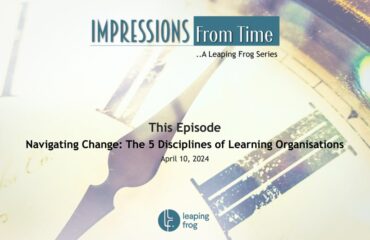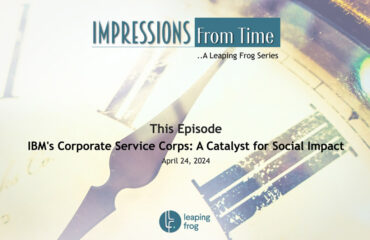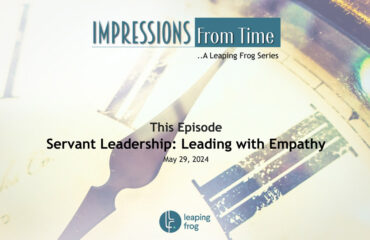
Picture Credit: https://www.minigrey-blog.com/the-marshmallow-test/
In the 1960s, psychologist Walter Mischel conducted a now-famous experiment at Stanford University that would come to be known as the “Marshmallow Test”. The premise was simple but intriguing: children were placed in a room and offered a single marshmallow. They were told they could eat it right away, but if they waited for 15 minutes without giving in to temptation, they would receive a second marshmallow. The test was designed to measure “delayed gratification”—the ability to resist an immediate reward in the hope of a greater one later.
The Experiment
The children’s responses varied widely. Some quickly devoured the marshmallow, unable to resist its pull. In contrast, others found ingenious ways to distract themselves—covering their eyes, singing, or playing with their hands—determined to earn the bigger reward. The results of this seemingly innocent experiment had far-reaching implications.
Mischel followed up with the participants years later and found a striking pattern. Children who had successfully delayed gratification and waited for the second marshmallow tended to have better life outcomes. They performed better academically, had higher SAT scores, and exhibited greater emotional resilience in adolescence and adulthood. On the other hand, those who gave in quickly were more likely to struggle with impulse control, stress management, and decision-making later in life.
The Psychology
The “Marshmallow Test” became a benchmark for understanding “self-control” and its role in shaping human behavior. Mischel’s work emphasized that the ability to delay gratification wasn’t merely a matter of willpower but was linked to the development of cognitive strategies and emotional regulation. He argued that those who could wait had learned techniques to distract themselves from the immediate desire for gratification, allowing them to focus on the long-term benefits instead.
In psychological terms, the test illuminated “executive function”—the mental processes that enable people to successfully plan, focus attention, remember instructions, and juggle multiple tasks. Children better at delaying gratification show stronger executive functioning, critical for managing impulses and working toward long-term goals.
This study also ties into the notion of the “prefrontal cortex”, the part of the brain responsible for decision-making, impulse control, and future planning. Mischel’s findings suggested that the development of this area is crucial for navigating not just childhood temptations but the complex demands of adulthood.
Implications
The Marshmallow Test continues to have profound implications in both personal development and the corporate world. At its core, the test teaches that success often depends not on immediate results but on the ability to “delay gratification”, focus on long-term goals, and adopt strategies to manage short-term distractions.
In personal life, the concept is relevant to everything from sticking to a fitness regime to saving money for the future. The test shows that people who can resist short-term temptations often enjoy better long-term rewards, be it in health, finances, or relationships.
In the corporate world, the lesson is equally important. Companies that prioritize “long-term growth” over quick wins tend to build more sustainable success. Delayed gratification is especially relevant in strategic decision-making. Leaders must often resist the urge to chase immediate profits at the expense of innovation, employee well-being, or brand reputation. Companies like Apple and Amazon have exemplified this approach by focusing on long-term investments, even if it meant short-term sacrifices.
Furthermore, the Marshmallow Test highlights the importance of “emotional intelligence” and “self-regulation” in leadership. Leaders who can navigate stressful situations without succumbing to impulsive decisions are better equipped to steer their organizations through challenges. It also emphasizes teaching employees the importance of resilience, planning, and focus—qualities that contribute to career success and organizational strength.
The Marshmallow Test is a powerful metaphor for life, reminding us that true success often requires patience, focus, and the willingness to wait for a greater reward.
……………………………………………………………………………………………………………………………………
“Impressions From Time” is a curated series from Leaping Frog about stories from the past that have helped shape modern-day practices in the people and organisation domain.
Leaping Frog, a new-age consulting firm, is an enabler and co-creator in enhancing people and organisational effectiveness. We love doing work in the areas of “Driving Organisational Change and Development”, “HR Systems and Talent Strategy”, and “Leadership and Life Coaching”.
Connect and share, for work and more.
Mail: comm@leapingfrog.in
Website: www.leapingfrog.in
Follow Us: https://lnkd.in/d7TQbsia




